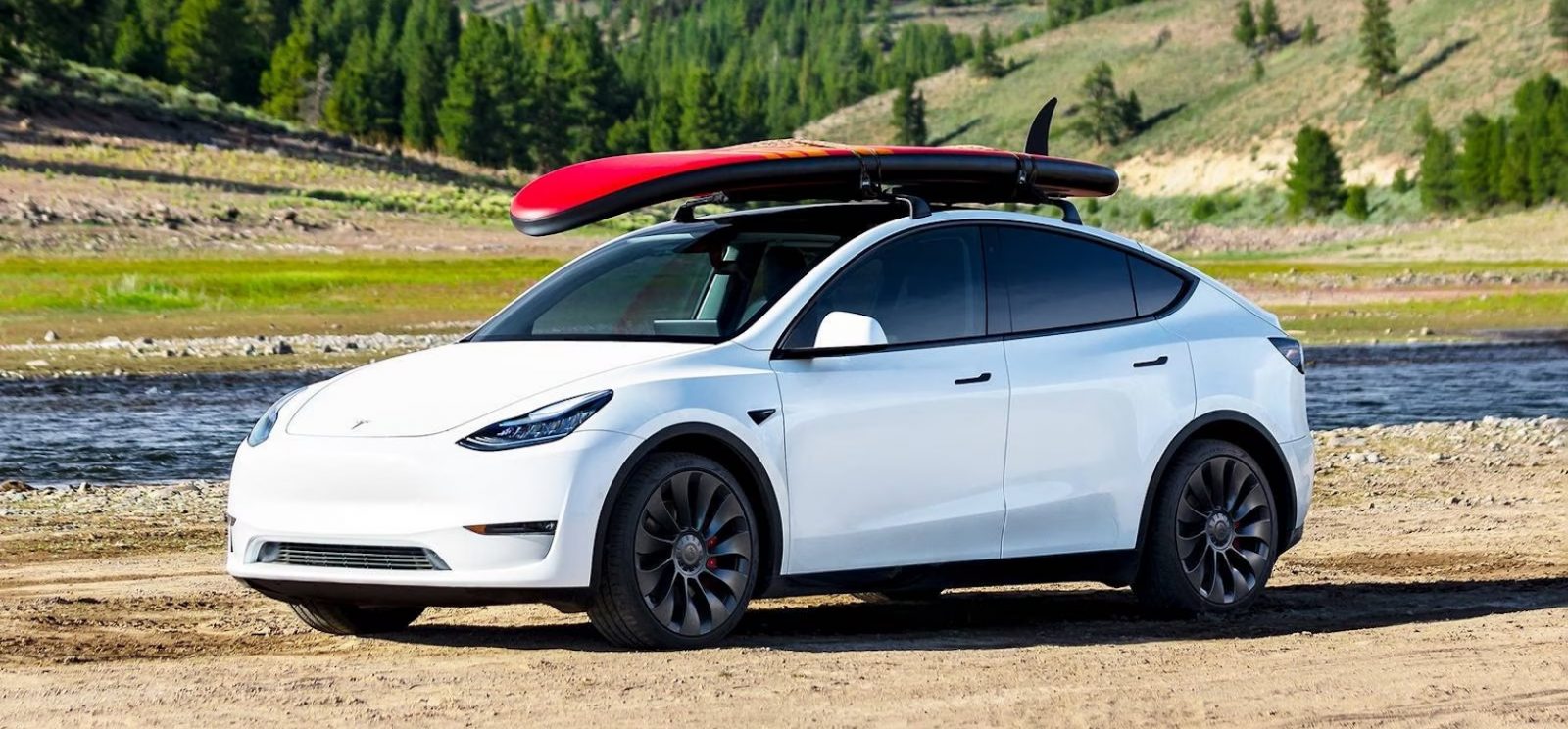Electric vehicle shoppers may be surprised to learn that Tesla’s higher-end Model Y SUV can actually cost less out-of-pocket than the automaker’s entry-level Model 3 sedan.
That’s because all versions of the Model Y currently qualify for the full $7,500 federal electric vehicle tax credit, while only the performance variants of the Model 3 are still eligible.

With the tax savings, the Long Range Model Y is reduced to $41,490, while the Rear-Wheel Drive Model Y drops to $36,490. By comparison, Long Range Model 3 retails at $42,990 with no access to rebates.
So paradoxically, buyers can currently get Tesla’s bigger, nicer, comfier Model Y for cheaper than the smaller Model 3 simply thanks to policy incentives.
It may seem counterintuitive, but the rebate structure means the SUV comes out cheaper right now despite the higher sticker price. We recommend all prospective buyers crunch the numbers with their specific situation, as state and local incentives can also shift the value proposition.
The current structure of EV rebates and credits creates scenarios like this where rearrangements in product pricing do not always align intuition. Shoppers looking to maximize their savings may end up with a very different vehicle than initially expected.







